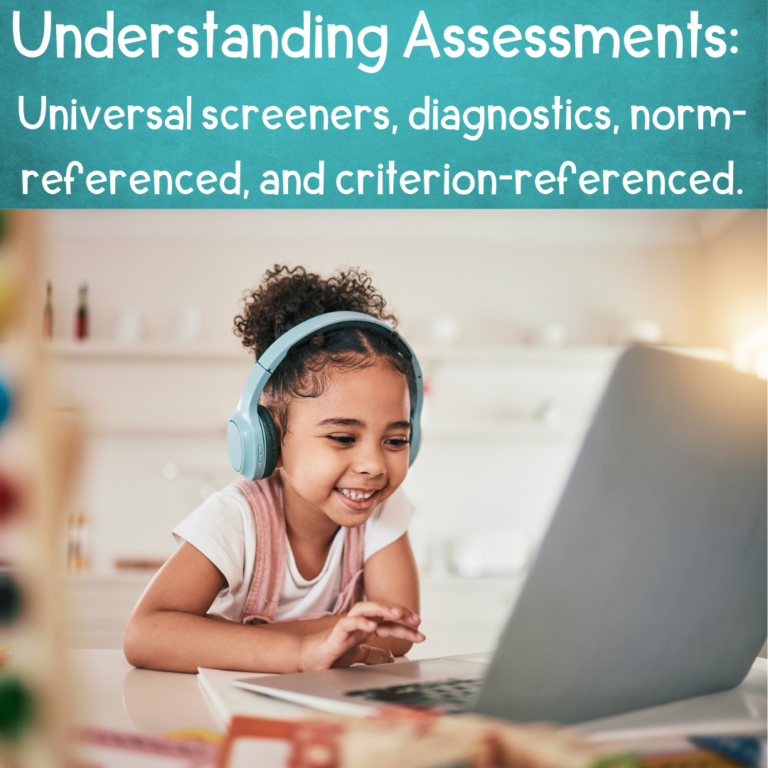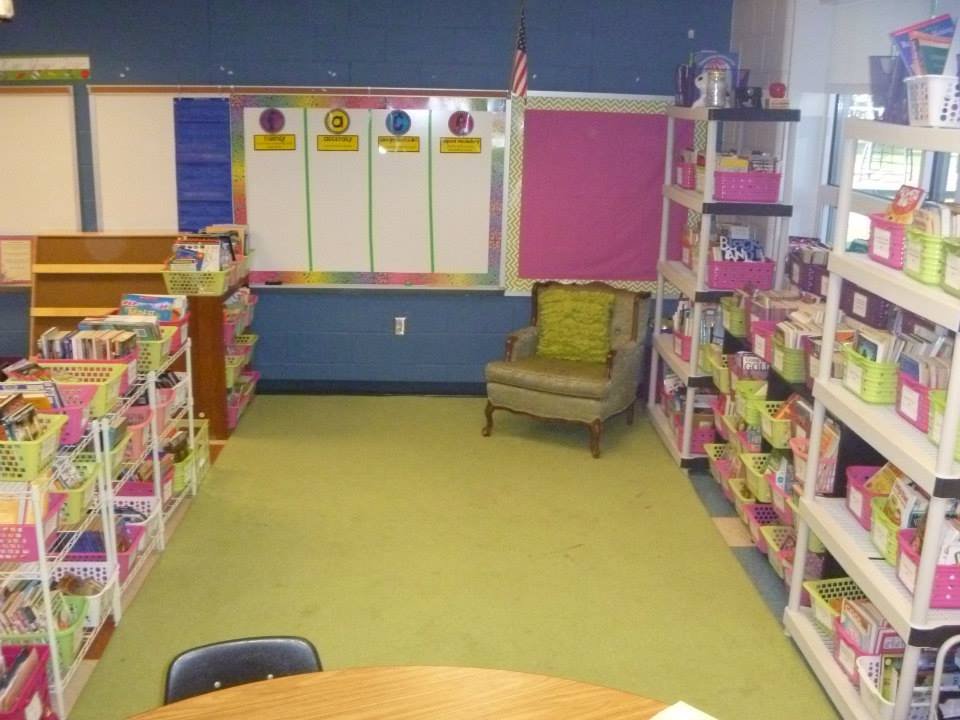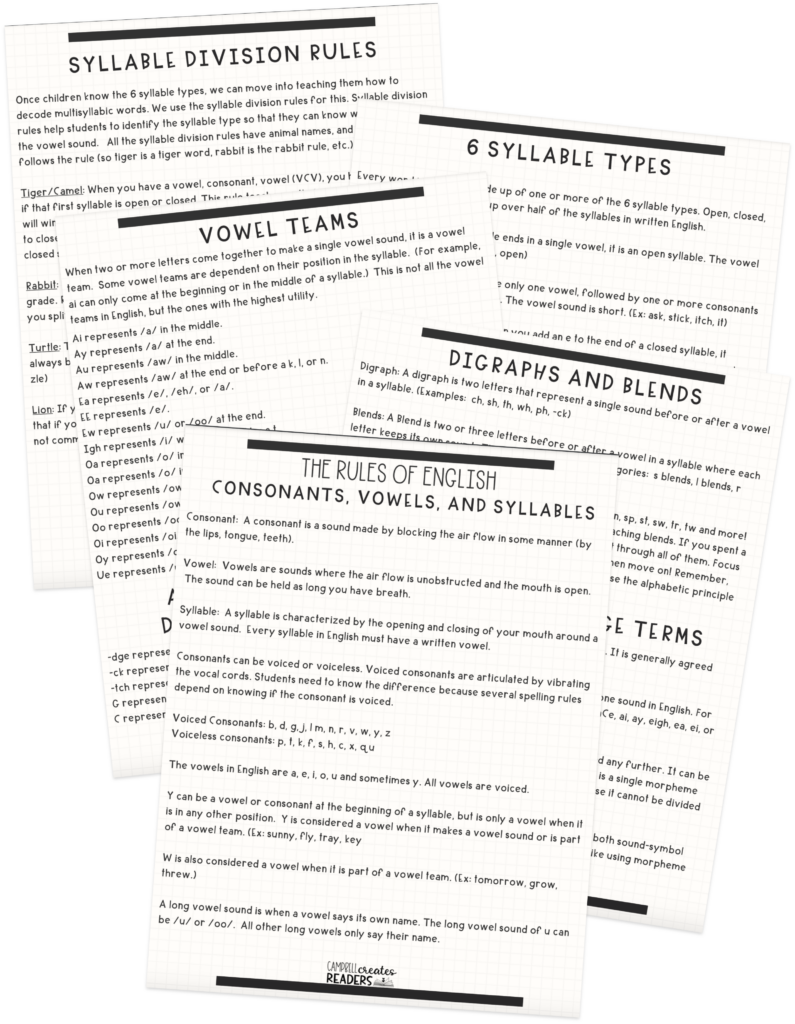
Share This:

As teachers, we tend to be voracious readers. I wear my identity as a reader on my sleeve and quite literally on me at all times (I have a Harry Potter tattoo). Becoming a reader has brought such joy and value to my life, and I think many teachers would say the same thing. But just because I love reading, that doesn’t mean that my children have to, and it doesn’t mean that I must strive for them to love reading. In fact, helping children love reading is not my end goal. Instead, my goal is to create proficient readers who can choose to love whatever they want in their lives.
We will often say that our goal as reading teachers is to get children to love reading, but no one ever tells me that’s their goal as math teachers. I’ve never heard a math teacher say that at the end of the year, they hope their children will love math. No one has ever shed a tear simply because a kid didn’t absolutely love multiplication. We want them to be proficient enough in the computation and problem-solving skills they need to go about in the world. We want students to feel confident and competent in the taught skills. If they end up loving math, that’s awesome. If not, that’s fine too.
If our end goal is to love reading, how will we measure that? I know that the response is going to be that “not all things need to be measured,” but when we are talking about end goals in an academic setting, measurable objectives are critical. A love of reading isn’t something that can be measured, and we have to know how our children are progressing in the skills we’ve taught them. I’ve typed and deleted, then typed and deleted again several ways to sugarcoat this, to make this more amenable to all people, but the truth is, I can’t. So, instead, let me tell you about Mark.

Mark is a pseudonym, but the story is real. Several years ago, I taught Mark in 4th grade. Mark was a smart kid, he came from a great family, and he had support everywhere. But Mark hated to read. I made it my goal to help him love reading. I literally bought every book I thought he might have an ounce of interest in. He enjoyed those “Who Will Win” books, so I bought the series. At the end of the year, guess what? He still didn’t love reading.
Looking back, I would have been better off teaching Mark to read. Because he was such a smart kid, he’d had years to develop compensating strategies. He had memorized hundreds, if not thousands of words. His brain was too taxed trying to figure out the words on the page to do anything else like comprehend the text or fall in love with reading. I should have given him explicit, systematic phonics instruction in the skills he was lacking. Because I didn’t have the right goal in mind my instruction, and consequently his learning, suffered. Years later, he was diagnosed with dyslexia. Bottom line? Despite my good intentions, I failed to give this incredible kid the education he deserved. Simply, I failed him.
The outcry from this post will most likely be, “Why can’t it be both?” My answer to that is that it can be. We can still model our own love for reading. We should still read high-quality, engaging read-alouds to our students. We can still present reading as a thing to be cherished and treasured. But we can’t require it. We should give children the opportunity to love reading, not present it as a mandate.
Just because my father-in-law loves golf, that doesn’t mean I have to. Just because my sister love to drive, that doesn’t mean I have to love that either. Just because someone is in love with a hobby, skill, or talent, it doesn’t mean anyone else has to love it. That goes for reading as well. Some children will never love reading, and that is okay. What is not okay is never giving them to opportunity to become proficient enough to find out if they do love it. Furthermore, we cannot assume that a love of reading will make children readers. When we say that children just “haven’t found the right book yet,” we are once again taking the burden of learning to read off our shoulders and onto the child’s.
So why does it matter? Why waste an entire blog post talking about this subject? Is it really that big a deal if teachers think their goal should be to get children to love reading? Put simply, yes it matters. It matters because if our goals are off-target, our instruction will be as well. Expecting children to love reading has created a misunderstanding in the educational community that loving reading is synonymous with learning to read. It’s not as simple as “if you read more, you will learn to read” and it’s not as simple as “If you read more, you will love to read.” There are so many more factors that are at play. So keep your goals in mind and remember, it’s about the opportunities, not the mandate.
Share This:

Savannah Campbell is a K-5 reading specialist. She has taught her entire 12-year teaching career at the school she went to as a child. She holds two master’s degrees in education from the College of William and Mary. Savannah is both Orton-Gillingham and LETRS trained. Her greatest hope in life is to allow all children to live the life they want by helping them to become literate individuals.

Savannah Campbell is a K-5 reading specialist. She has taught her entire 12-year teaching career at the school she went to as a child. She holds two master’s degrees in education from the College of William and Mary. Savannah is both Orton-Gillingham and LETRS trained. Her greatest hope in life is to allow all children to live the life they want by helping them to become literate individuals.
Feeling overwhelmed with all the terminology out there? Want to know the key terms all teachers need to teach phonics? In this FREE Rules of English cheat sheet, you get a 5 page pdf that takes you through the most important terms for understanding English—you’ll learn about digraphs, blends, syllable types, syllable divisions, and move. Grab today and take the stress out of your phonics prep!
